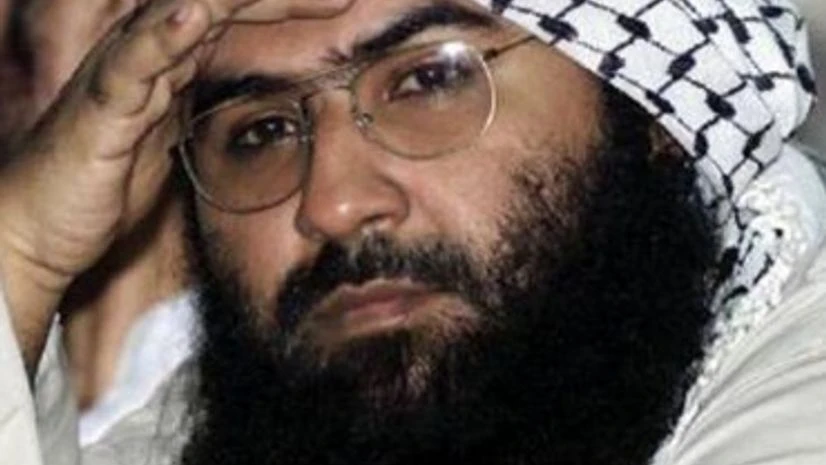In a clear message to China on JeM chief Masood Azhar, whose designation as global terrorist it has been blocking, India today asked Beijing to hear the "voice of the world" in dealing with terrorism.
India hoped it would be able to pursuade China to understand the "depth and evil" of the menace.
Referring to Pakistan's support to terror, India also hoped that as a "responsible and a mature" nation, China will understand the "double standards" and "simply self-defeating and suicidal" approach of Islamabad to terrorism.
More From This Section
On China's opposition to India's membership of the Nuclear Suppliers' Group, Singh said government was engaging with all concerned to make them understand its "concerns" and "credentials", hoping that Beijing will end its resistance.
Referring to China once again blocking India's proposal at the UN to list Masood Azhar as a terrorist, Akbar said, "Terrorism is a snake that bites the hand that feeds it" and that Beijing needs to understand the reality.
Hoping to pursuade China to reverse its position on Azhar, the Minister said, "If we do not recognise the dangers of terrorism, we might hurt others a bit but we will wound ourselves far more."
The press conference was addressed by Singh and Akbar as External Affairs Minister Sushma Swaraj, who underwent a kidney transplant last month, has not fully recovered.
"China has its own problem of terrorism. China recognises it. China addresses them in bilateral agreements. We hope and are sure that China can be pursuaded to see the depth and evil of the menace," Akbar said, adding India will continue to point out "absurdity" of the decision of the 1267 sanctions committee of the UN of not designating Azhar a global terrorist.
He said only China blocked India's move as 14 out of 15 member countries agreed on taking action against Azhar. "There was only one hold out and we hope that the hold out disappears."
Referring to terror infrastructure as well as the situation in Pakistan, Akbar said there has been instability in that country, adding these are "self-inflicted wounds".
"You can see the situation in our neighbouring country.
It is a regrettable situation," said Akbar of Pakistan.
On the overall ties with China, Singh said the engagement has expanded significantly, and that "by and large, there has been peace and tranquility on the border too. It has been maintained and it has not been allowed to flare up or go beyond the recognised parametres on both the sides."
Talking about the NSG membership issue, Singh said India's bid was discussed by the grouping at its meeting in Vienna in November and that consultations were going on with various countries including China.
"We are sure that with our record and credentials, we will be taken as a member as per the procedures. We are engaging everybody equally to ensure our concerns and credentials are understood by everybody," he said.
Singh said the relationship should be seen as a whole and not as some parts which often "get thrown" up for various reasons.
"Certainly, there are areas of divergence between the two countries and as mature partners we need to look at this from a point of view where we can reduce areas of divergence and increase the areas of convergence," Singh said.
He said India's engagement with China is "purely driven by national interests and (for) ensuring that the two big countries of Asia create the Asian century that everyone is talking about."
Singh noted that economic and investment ties between the two nations have grown steadily and there has been greater Chinese investment coming into India in recent months.
"We continue to expand the broad range of our ties with China, particularly through people-to-people connections and the expansion of Chinese investments in India, even as we seek common ground on concerns," he said.
Referring to Swaraj's address at the UN General Assembly last year, Akbar said the central point of her speech was that if we do not recognise terrorism, then it will hurt ourselves far more, adding the world, by and large, understood India's views on it.

)
